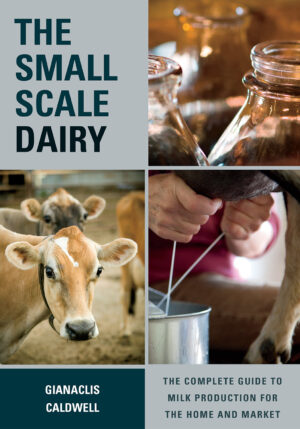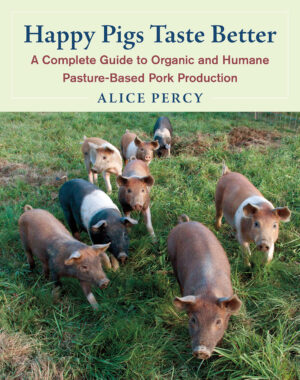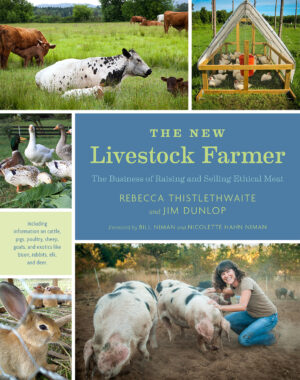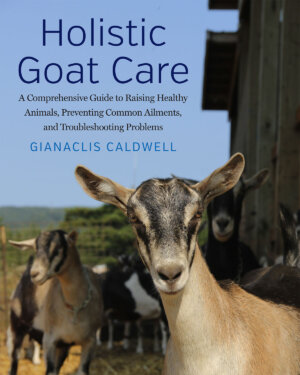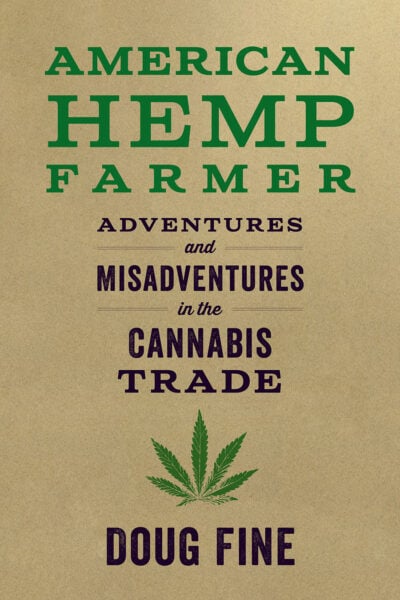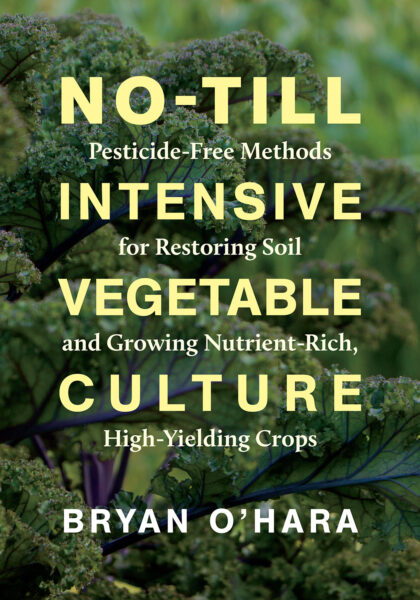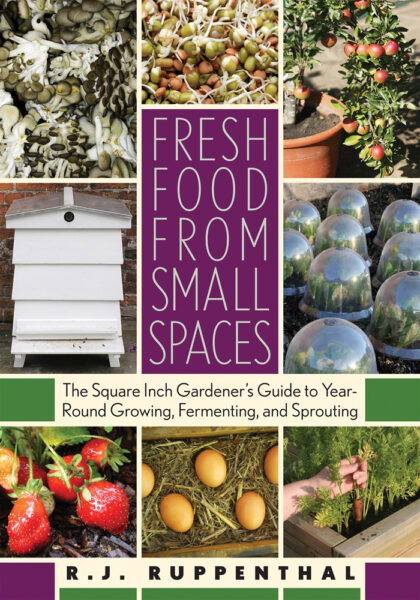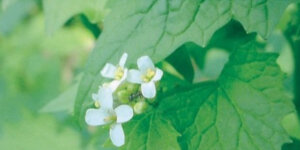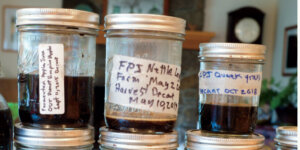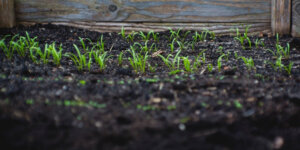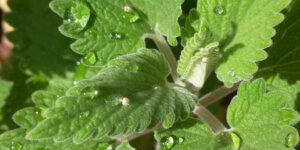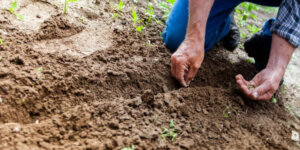Owning Livestock: 7 Reads To Get You Started
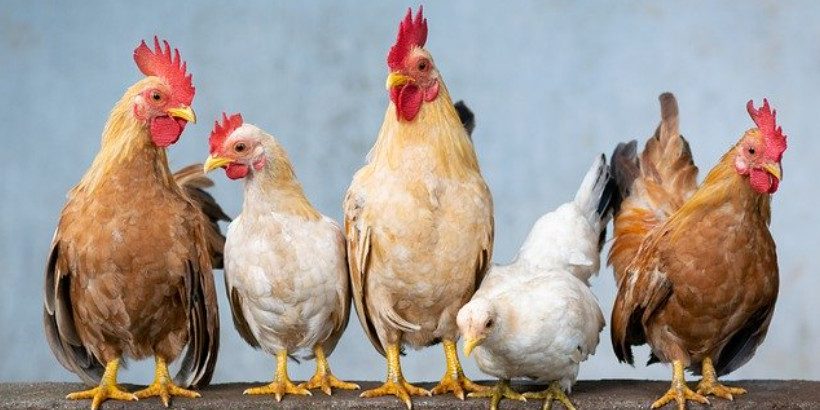
Owning livestock is no small task, but the work certainly pays off. To help you out, we’ve rounded up 7 books that are sure to help you become a livestock guru in no time!
The Small-Scale Dairy includes everything you need to know in order to successfully produce nourishing, healthy, farm-fresh milk. Whether for home use, direct sale to the consumer, or sale to an artisanal cheesemaker, high-quality raw milk is a delicate, desirable product. Successful and sustainable production requires the producer to consider and tackle many details, ranging from animal care to microbiology to good hygienic practices–and, for those with commercial aspirations, business plans, market savvy, and knowledge of the regulations.
|
|
|---|
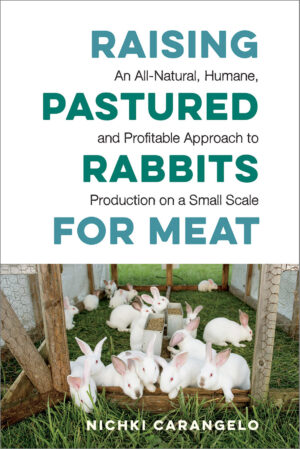 Raising Pastured Rabbits for Meat
Raising Pastured Rabbits for Meat
In recent years, there has been talk in the food world that rabbits make more sense than chicken. In a country with a $41 billion broiler chicken industry, this might seem like a pretty bold statement, but it’s hardly unsubstantiated. And yet while media has been abuzz about the supposed super protein, very few farmers are stepping up to meet the rapidly increasing interest in sustainably raised rabbit meat. This is partly due to the lack of available resources in the field of rabbit husbandry.
Raising Pastured Rabbits for Meat is the first book to address the growing trend of ecological rabbit husbandry for the beginning to market-scale farmer. Inspired by Daniel Salatin, who has long been considered the pioneer in integrated rabbit farming, Nichki Carangelo proves that a viable pasture-based rabbitry is not only possible and user-friendly, it’s also profitable.
Featured Excerpts:
|
|
|---|
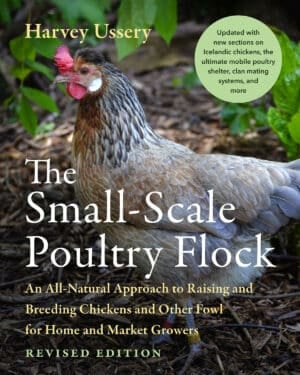 The Small-Scale Poultry Flock, Revised Edition
The Small-Scale Poultry Flock, Revised Edition
The most comprehensive guide to date on raising all-natural poultry for the small-scale farmer, homesteader, and professional grower. The Small-Scale Poultry Flock offers a practical and integrative model for working with chickens and other domestic fowl, based entirely on natural systems.
Readers will find information on growing (and sourcing) feed on a small scale, brooding (and breeding) at home, and using poultry as insect and weed managers in the garden and orchard. Ussery’s model presents an entirely sustainable system that can be adapted and utilized in a variety of scales, and will prove invaluable for beginner homesteaders, growers looking to incorporate poultry into their farm, or poultry farmers seeking to close their loop.
Featured Excerpts:
How to Choose the Right Breed for Your Poultry Flock
Manage Your Chicken Manure: The Joys of Deep Litter
|
|
|---|
Pigs are much closer to their cousin, the wild boar, than other domesticated animals. Ethically managing pigs requires an understanding of their natural mannerisms, including factors such as social grouping, mating, territory, housing, and, of course, their love of wallowing in the mud.
In Happy Pigs Taste Better Percy offers a comprehensive look at raising organic, pasture-fed, gourmet meat. She advises readers on pasturing and feeding hogs organically, as well as managing the breeding herd and administering effective natural healthcare. In addition, she provides an overview of marketing and distribution for those looking to turn their hog farming operation into a lucrative business.
Featured Excerpts:
Feeding Tips and Techniques for Your Pigs
Happy Pigs Really Do Taste Better
|
|
|---|
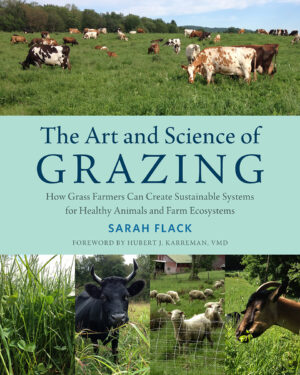 The Art and Science of Grazing
The Art and Science of Grazing
Grazing management might seem simple: just put livestock in a pasture and let them eat their fill. However, as Sarah Flack explains in The Art and Science of Grazing, the pasture/livestock relationship is incredibly complex. If a farmer doesn’t pay close attention to how the animals are grazing, the resulting poorly managed grazing system can be harmful to the health of the livestock, pasture plants, and soils. Well-managed pastures can instead create healthier animals, a diverse and resilient pasture ecosystem, and other benefits. Flack delves deeply below the surface of “let the cows eat grass,” demonstrating that grazing management is a sophisticated science that requires mastery of plant and animal physiology, animal behavior, and ecology. She also shows readers that applying grazing management science on a working farm is an art form that calls on grass farmers to be careful observers, excellent planners and record-keepers, skillful interpreters of their observations, and creative troubleshooters.
Featured Excerpts:
Good Grazing Makes for Healthy Pastures, People, and Planet
|
|
|---|
How can anyone from a backyard hobbyist to a large-scale rancher go about raising and selling ethically produced meats directly to consumers, restaurants, and butcher shops? With the rising consumer interest in grass-fed, pasture-raised, and antibiotic-free meats, how can farmers most effectively tap into those markets and become more profitable? The regulations and logistics can be daunting enough to turn away most would-be livestock farmers, and finding and keeping their customers challenges the rest.
Farmer, consultant, and author Rebecca Thistlethwaite (Farms with a Future) and her husband and coauthor, Jim Dunlop, both have extensive experience raising a variety of pastured livestock in California and now on their homestead farm in Oregon. The New Livestock Farmer provides pasture-based production essentials for a wide range of animals, from common farm animals (cattle, poultry, pigs, sheep, and goats) to more exotic species (bison, rabbits, elk, and deer).
|
|
|---|
Goats have provided humankind with essential products for centuries; indeed, they bear the noble distinction of being the first domesticated farm animal. From providing milk and meat for sustenance and fiber and hides for clothing and shelter to carrying packs and clearing brush, there isn’t much that goats cannot do. Managing goats successfully requires an understanding of how nature designed them to thrive, including nutritional and psychological needs, as well as how to identify a problem and intercede before it’s too late.
For more than a decade, Gianaclis Caldwell and her family have operated Pholia Farm Creamery, an off-grid, raw milk goat cheese dairy. In Holistic Goat Care, Caldwell offers readers a comprehensive guide to maintaining a healthy herd of goats, whether they are dairy goats, meat goats, fiber goats, or pet goats.
Featured Excerpts:
Goats Gone Wild: The World’s First Farm Animal
Work Smarter, Not Harder: Goat Handling
|
|
|---|
Recommended Reads
Recent Articles
Garlic mustard: while known as “invasive,” this plant can be consumed in its entirety and has great nutritional value. Plus, the garlic-flavor is a perfect addition to any recipe that calls for mustard! The following are excerpts from Beyond the War on Invasive Species by Tao Orion and The Wild Wisdom of Weeds by Katrina…
Read MoreEveryone loves a refreshing, fermented, nutritious drink…even your garden! Take your fermentation skills out of the kitchen and into the garden by brewing fermented plant juice. The following is an excerpt from The Regenerative Grower’s Guide to Garden Amendments by Nigel Palmer. It has been adapted for the web. How to Make Fermented Plant Juice Fermented…
Read MoreWant to see your crops thrive this upcoming growing season? The key is in soil fertility and health. Spend time maintaining your soil’s health to guarantee bigger and better crops come harvest time! The following is an excerpt from No-Till Intensive Vegetable Culture by Bryan O’Hara. It has been adapted for the web. What Is Soil Fertility?…
Read MoreMany know the effects of catnip on our feline friends, but few realize that catnip has medicinal effects for humans. From stomach aches to reducing fevers, catnip is a versatile herb with many benefits. The next time you grow this plant for your cat you may end up taking a few cuttings for yourself! The…
Read MoreIt’s time to take control of your seeds and become a plant breeder! Saving your seed allows you to grow and best traditional & regional varieties, and develop more of your own. The following excerpt is from Breed Your Own Vegetable Varieties by Carol Deppe. It has been adapted for the web. Becoming A Plant…
Read More

